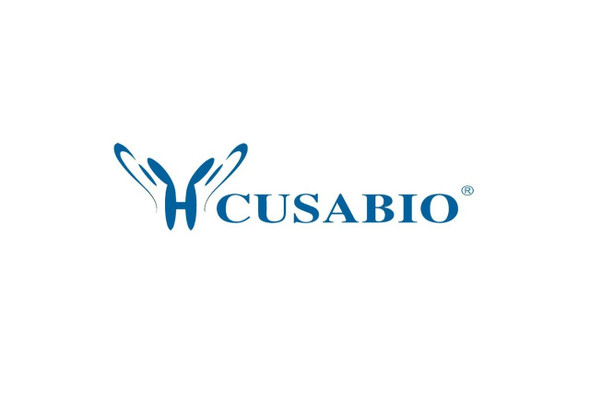Cusabio Polyclonal Antibodies
SUMO2 Antibody, FITC conjugated | CSB-PA05009C0Rb
- SKU:
- CSB-PA05009C0Rb
- Availability:
- 3 to 7 Working Days
Description
SUMO2 Antibody, FITC conjugated | CSB-PA05009C0Rb | Cusabio
SUMO2 Antibody, FITC conjugated is Available at Gentaur Genprice with the fastest delivery.
Online Order Payment is possible or send quotation to info@gentaur.com.
Product Type: Polyclonal Antibody
Target Names: SUMO2
Aliases: Small ubiquitin-related modifier 2 (SUMO-2) (HSMT3) (SMT3 homolog 2) (SUMO-3) (Sentrin-2) (Ubiquitin-like protein SMT3B) (Smt3B), SUMO2, SMT3B SMT3H2
Background: Ubiquitin-like protein that can be covalently attached to proteins as a monomer or as a lysine-linked polymer. Covalent attachment via an isopeptide bond to its substrates requires prior activation by the E1 complex SAE1-SAE2 and linkage to the E2 enzyme UBE2I, and can be promoted by an E3 ligase such as PIAS1-4, RANBP2, CBX4 or ZNF451 (PubMed:26524494) . This post-translational modification on lysine residues of proteins plays a crucial role in a number of cellular processes such as nuclear transport, DNA replication and repair, mitosis and signal transduction. Polymeric SUMO2 chains are also susceptible to polyubiquitination which functions as a signal for proteasomal degradation of modified proteins (PubMed:18408734, PubMed:18538659, PubMed:21965678, PubMed:9556629) . Plays a role in the regulation of sumoylation status of SETX (PubMed:24105744) .
Isotype: IgG
Conjugate: FITC
Clonality: Polyclonal
Uniport ID: P61956
Host Species: Rabbit
Species Reactivity: Human
Immunogen: Recombinant Human Small ubiquitin-related modifier 2 protein (1-84AA)
Immunogen Species: Human
Applications: ELISA
Tested Applications: ELISA
Purification Method: >95%, Protein G purified
Dilution Ratio1:
Dilution Ratio2:
Dilution Ratio3:
Dilution Ratio4:
Dilution Ratio5:
Dilution Ratio6:
Buffer: Preservative: 0.03% Proclin 300
Constituents: 50% Glycerol, 0.01M PBS, PH 7.4
Form: Liquid
Storage: Upon receipt, store at -20°C or -80°C. Avoid repeated freeze.
Initial Research Areas: Cell Biology
Research Areas: Epigenetics & Nuclear Signaling;Cell biology






